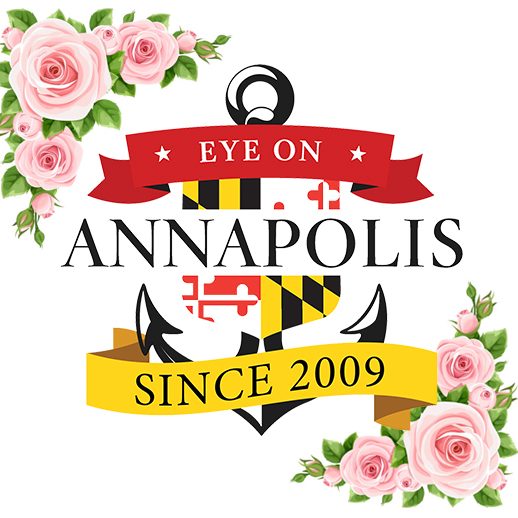In a new report published recently, the American Academy of Pediatricians (AAP) is warning parents and providers: talk to your children by age 9 about alcohol. “Surveys indicate that children start to think positively about alcohol between ages 9 and 13 years,” according to this new report on Binge Drinking published in Pediatrics.
Over 20% of kids reported having more than a sip of alcohol before age 13 and the number of girls who reported binge drinking is on the rise (though still lower than males).
Although the “talk” may feel odd, uncomfortable and, as a parent, simply unimaginable that “my child” could be at risk, it is very important. As with all high risk behaviors, prevention is much more effective than treatment. Alcohol is associated with the leading causes of death and serious injury at this age (ie, motor vehicle accidents, homicides, and suicides).
What to Say
The Substance Abuse and Mental Health Services Administration (SAMHSA) has developed a program called, “Talk. They hear you.” The preceding link includes a public service announcement, an App and all the guidance one might need. But the quick summary is a simple 5 points, which can be discussed at once or even more ideally, over multiple small talks (which works better).
- Show you disapprove of underage drinking

SAMHSA’s 5 Goals of the Booze Talk - More than 80% of young people ages 10-18 say their parents are the leading influence on their decision to drink or not drink. So they really are listening, and it’s important that you send a clear and strong message.
- Show you care about your child’s happiness and well being
- Young people are more likely to listen when they know you’re on their side. Try to reinforce why you don’t want your child to drink—not just because you say so, but because you want your child to be happy and safe. The conversation will go a lot better if you’re working with, and not against, your child.
- Show you are a good source of information about alcohol
- You want your child to be making informed decisions about drinking, with reliable information about its dangers. You don’t want your child to be learning about alcohol from friends, the internet, or the media—you want to establish yourself as a trustworthy source of information.
- Show you’re paying attention and you’ll notice if your child drinks.
- You want to show you’re keeping an eye on your child, because young people are more likely to drink if they think no one will notice. There are many subtle ways to do this without prying.
- Build your child’s skills and strategies for avoiding underage drinking.
- Even if your child doesn’t want to drink, peer pressure is a powerful thing. It could be tempting to drink just to avoid looking uncool. To prepare your child to resist peer pressure, you’ll need to build skills and practice them.








































